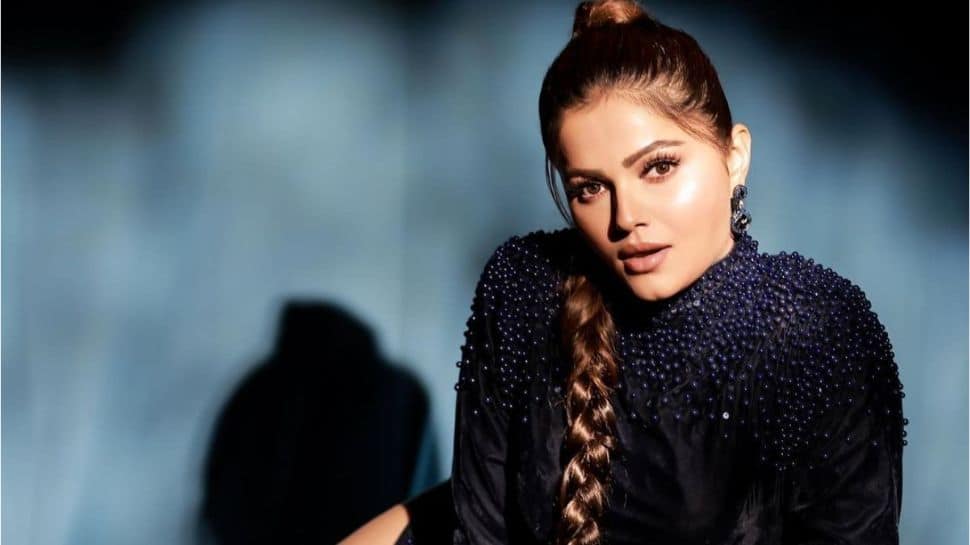
Marlon Brando made one of Hollywood’s biggest comebacks in 1972 after playing the iconic role of Vito Corleone in Francis Ford Coppola’s The Godfather. The venerable actor’s career has been in decline for years following a series of flops and increasingly unruly behavior on set.
Brando won Best Actor at the 1973 Academy Awards, so the actor decided to seize the opportunity to make an important point about the representation of Native Americans in Hollywood.
Instead of attending the ceremony, he sent Sacheen Littlefeather, a Yaqui and Apache actress and activist, dressed in traditional attire to speak about the injustices facing Native Americans.
She explained that Brando “very regrettably cannot accept this lavish award due to the reasons…the treatment of American Indians by the film industry and on television in reruns and also due to the recent events at Wounded Knee.”
The unexpected surprise was met with a mixture of applause and boos from the audience and was the butt of jokes told by presenters including Clint Eastwood. Littlefeather later said John Wayne tried to attack her backstage.
“A lot of people made money off of this Hollywood Indian racism,” Littlefeather told KQED. “Of course they’re going to boo. They don’t want their evening to be interrupted.”
Three months later, Brando explained his reasoning in an interview with late-night host Dick Cavett, in which he also discussed how all people of color are misrepresented in Hollywood. The interview was historic because Brando was known for shunning the media.
“I felt like there was an opportunity,” Brando Cavett said of the awards ceremony. “Since the American Indian could not be heard anywhere in the history of the United States, I thought it would be a wonderful opportunity to speak his mind in front of 85 million people. I felt like he had a right to look at what Hollywood did to him.”
Brando’s eyes were opened after reading John Collier’s novel Indians of the Americas.
“After reading the book, I realized that I knew nothing about American Indians and that everything we are taught about American Indians is wrong,” Brando said. “It’s inaccurate. Our textbooks are hopelessly, criminally, lacking in what our relationship with the Indians was.”
“When we hear, as we have heard all our lives, no matter what age we are, that we are a country that stands for liberty, for righteousness, for justice for all, it just doesn’t apply to those who are don’t know,” Brando said. “It’s just not true, and we were just the most predatory, aggressive, destructive, tormenting, monstrous people who swept from coast to coast killing and wreaking havoc among the Indians.”
Brando understood that the boos of his contemporaries were the sounds of powerful people who could not bear to have their industry and reality challenged. It was the sound of pure denial.
But Brando made no apologies for bursting the audience’s collective bubble.
“They booed because they thought, ‘This moment is sacrosanct and you’re ruining our imagination with this intrusion of reality. I suppose it was rude of me to do that, but there was a bigger problem, and it’s a problem that nobody in the film industry has ever dealt with unless forced to,” he said Brando.
The Godfather star then expanded his thoughts on representation to include all people of color.
“I don’t think people realize what the film industry has done to Native Americans and indeed all ethnic groups. All minorities. All non-whites,” he said. “So if someone protests and says, ‘No, please don’t portray the Chinese like that.’ … On this network you can see silly depictions of human behavior. The grinning Filipino house boy, the sly Japanese or the madman or the madman. The idiotic black, the stupid Indian. It goes on and on and on and people don’t realize how deeply these people get hurt when they see themselves represented — not the adults who are already used to that kind of pain and pressure, but the children. Indian children who see Indians as wild, ugly, vicious, treacherous, drunk – they just grow up with a negative image of themselves and it lasts a lifetime.”
Hollywood is far from ideal when it comes to truly representing America as a whole. But it’s a mile away from what it was in 1973, when the film industry, including some of its biggest stars, was outwardly hostile to the idea of representation.
In 1973, Marlon Brando was at the height of his power after a series of setbacks that most would have enjoyed. But rather than jump at the opportunity to bask in the spotlight, he spent a large chunk of his star power bankroll giving a voice to the people who had dehumanized Hollywood for seven decades.










